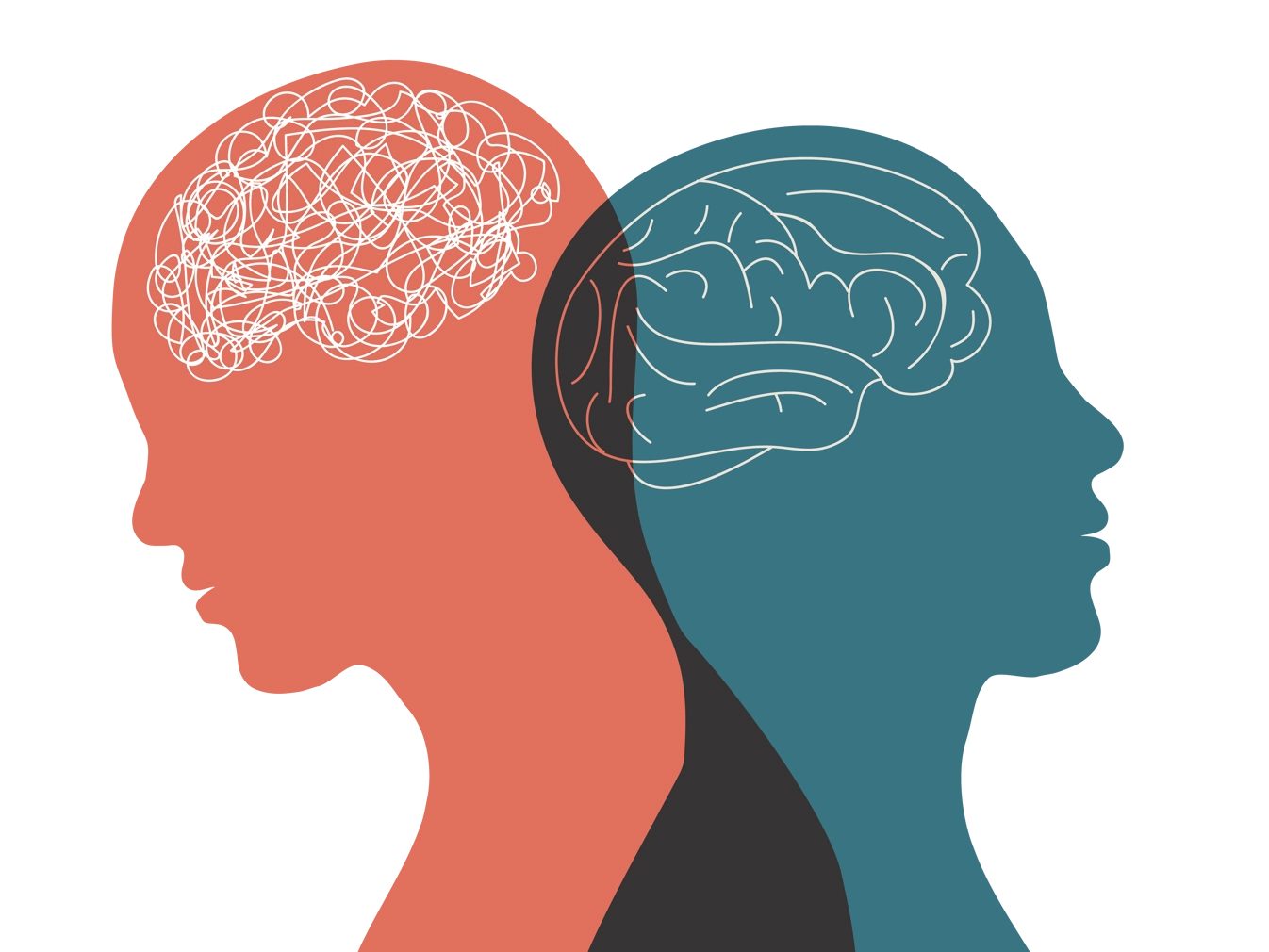Introduction
In a fast-paced world filled with constant digital distractions, finding a simple yet effective way to unwind and boost mental well-being has become increasingly important. One such activity that has stood the test of time is the classic card game of Solitaire. Often associated with relaxation, concentration, and problem-solving, Solitaire offers more than just entertainment—it provides a range of psychological benefits that contribute to overall cognitive health.
How to Play Solitaire
Solitaire is a solitary card game that requires a standard 52-card deck. The goal is to move all cards to foundation piles, sorted by suit and rank. The game begins with seven tableau columns, with the first column containing one card, the second containing two cards, and so on, all faced down except the top card. Players can move cards between tableau columns, following descending ranks and alternating colors. The four foundation piles start with an Ace and build up to a King in each suit. The game is won when all cards are successfully moved to the foundation piles or when no more moves are possible.
For more detailed rules, you can visit our home page: https://solitairen.com
How to Access Classic Solitaire
Classic Solitaire is readily available on various platforms, making it accessible for players of all ages. For Windows users, you can find all of our games in the Windows Store. Online gaming websites provide browser-based versions, allowing players to enjoy the game without any installations, like you can find on our https://solitairen.com.
The Benefits of Solitaire
-
Stress Reduction: Engaging in a game of Solitaire can help alleviate stress and anxiety. The focused nature of the game provides an opportunity to divert your mind from daily worries, promoting relaxation.
-
Concentration and Focus: Solitaire demands concentration as players strategize moves to uncover hidden cards and create sequences. Regular play can enhance cognitive abilities related to attention and focus.
-
Problem-Solving Skills: Successfully completing a game of Solitaire requires planning, decision-making, and analyzing various moves. This fosters the development of critical thinking and problem-solving skills.
-
Patience and Persistence: Winning at Solitaire often necessitates patience and persistence. As players learn to handle losses and continue striving for victory, they build resilience and tenacity.
-
Memory Enhancement: Remembering the positions of cards and predicting potential moves enhance memory retention. This mental exercise can contribute to better memory capacity over time.
Rediscovering Old-Fashioned Solitaire
The old-fashioned Solitaire card game, known as Klondike Solitaire, dates back to the 18th century. It was originally played with physical cards and has transitioned into digital formats over the years. The classic version retains its charm and simplicity while adapting to modern technology, making it an accessible and engaging option for today's players.
Conclusion
Beyond its nostalgic charm and simple rules, Solitaire offers a range of psychological benefits that promote cognitive well-being. From stress reduction and improved concentration to the development of problem-solving skills, playing Solitaire is a valuable activity for people of all ages. Whether you're seeking a moment of relaxation or aiming to enhance your cognitive abilities, the classic card game of Solitaire is a timeless choice that continues to positively impact players' mental health.
